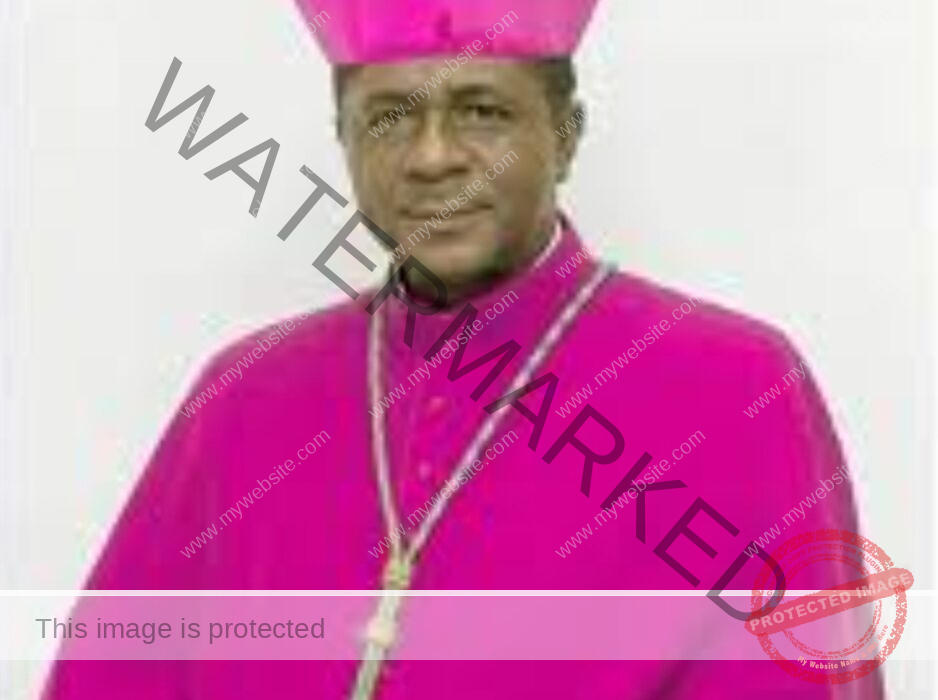Archbishop Andrew Nkea: represents a broader dilemma faced by the Catholic Church in Cameroon. On one hand, it seeks to protect its institutions and faithful under a government intolerant to open criticism.
By The Independentist Religious Correspondent
The conflict in Ambazonia has placed every leader — political, civic, and religious — before difficult moral choices. Among them stands Archbishop Andrew Fuanya Nkea of Bamenda, a figure whose actions have sparked both praise and controversy.
A Voice for Peace
Archbishop Nkea has consistently spoken of the need for peace, appealing to dialogue and reconciliation. His pastoral concern is rooted in the reality that ordinary people are dying, communities are fractured, and institutions are collapsing. For many within the Catholic community, his emphasis on dialogue reflects the Church’s mission to preserve life and to keep schools, hospitals, and parishes functioning amid the violence.
The Challenge of Prophetic Witness
Yet Nkea’s peace appeals have raised difficult questions. During the 2019 “Major National Dialogue,” he played not only a spiritual role but also a political one, engaging in discussions on federalism and regional structures. More recently, his meeting with Ferdinand Ngoh Ngoh, the Secretary-General at the Presidency, emphasized peace but made no reference to the atrocities committed during the conflict.
To Ambazonians who have suffered displacement, massacres, and village burnings, such omissions appear as silence in the face of grave injustice. Many compare this to Archbishop Desmond Tutu’s insistence that peace without truth and justice is unsustainable.
The Failed Outreach to Dr. Sako
Archbishop Nkea also attempted discreet approaches to Dr. Samuel Ikome Sako, President of the Government of the Federal Republic of Southern Cameroons (Ambazonia) in Exile. Perhaps assuming that their past acquaintance as classmates could make dialogue easier, he sought direct access. However, by avoiding Dr. Sako’s official religious representatives, his actions created suspicion that he was acting as a mediator on behalf of the state rather than as a neutral church leader.
The attempts were abandoned after repeated failures, and the perception remains that the Archbishop lacked the moral strength to demand from the regime the very thing Dr. Sako insists upon: that killings and atrocities must first stop before genuine peace can be pursued.
The Dilemma of the Church
The Archbishop’s position reflects a broader dilemma faced by the Catholic Church in Cameroon. On one hand, it seeks to protect its institutions and faithful under a government intolerant of open criticism. On the other, it risks losing credibility if it does not speak clearly for justice and truth.
While Archbishop Nkea prioritizes institutional survival and immediate calm, critics argue that this risks aligning him with political elites — ministers, chiefs, and parliamentarians — whose silence or cooperation with the state is often interpreted as complicity.
A Path Forward
For international partners and church authorities, the case of Archbishop Nkea underscores the urgent need for balanced mediation. Religious leaders must be supported in protecting their communities, but they must also be encouraged to raise their voices against violations of human dignity.
As Dr. Sako has often noted, reconciliation without justice is impossible. For peace to endure, both the pastoral voice of the Church and the prophetic voice of truth must be heard in harmony.
Conclusion
Archbishop Nkea remains a complex figure — not easily classified as either hero or villain. His emphasis on peace speaks to a genuine pastoral concern, yet his silence on atrocities risks undermining the Church’s moral authority.
International diplomacy must recognize this duality: while engaging religious leaders as bridges for dialogue, it must also encourage them to speak with courage, ensuring that peace is grounded in justice, accountability, and the protection of human life.
The Independentist Religious Corresponden

